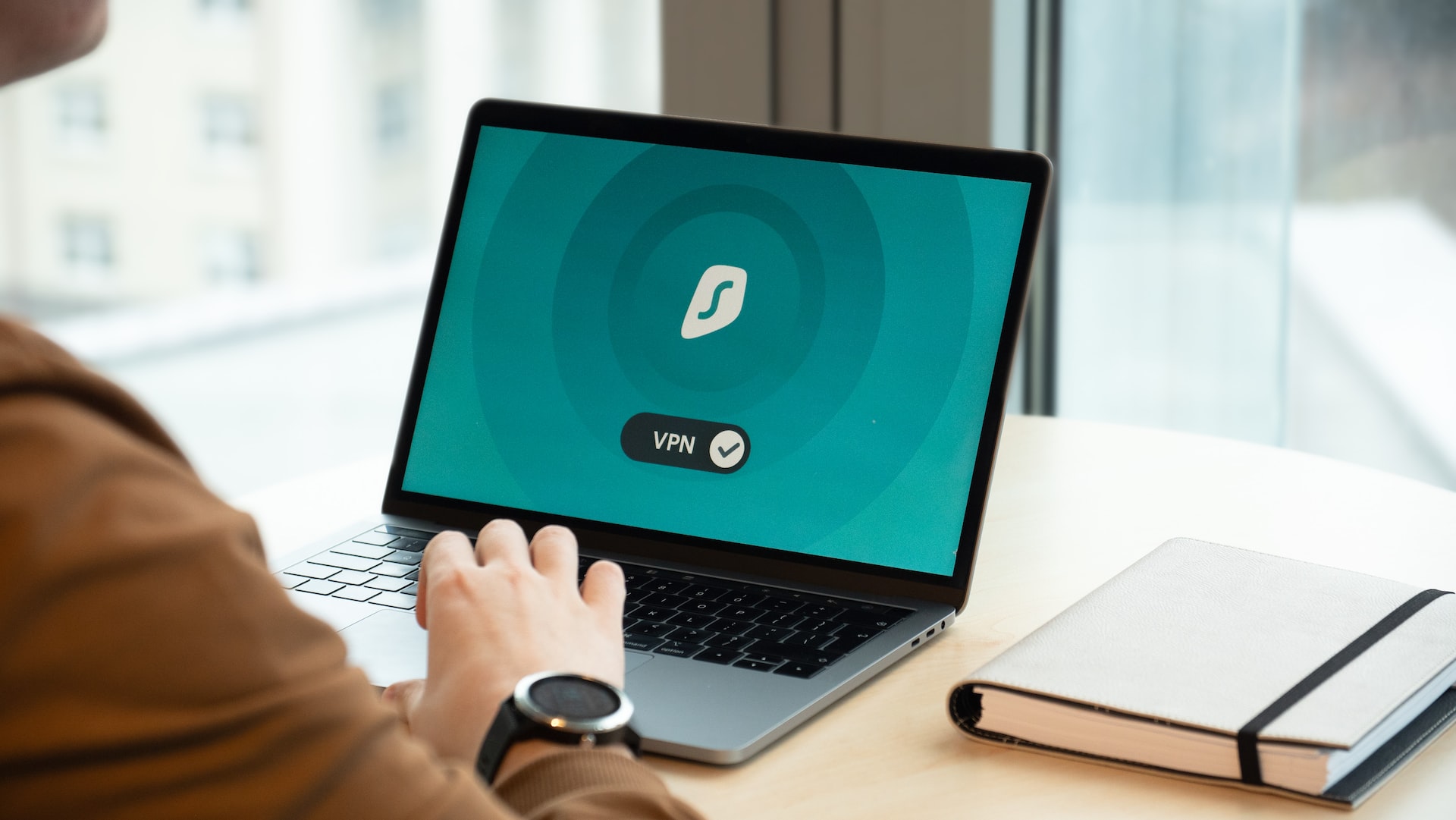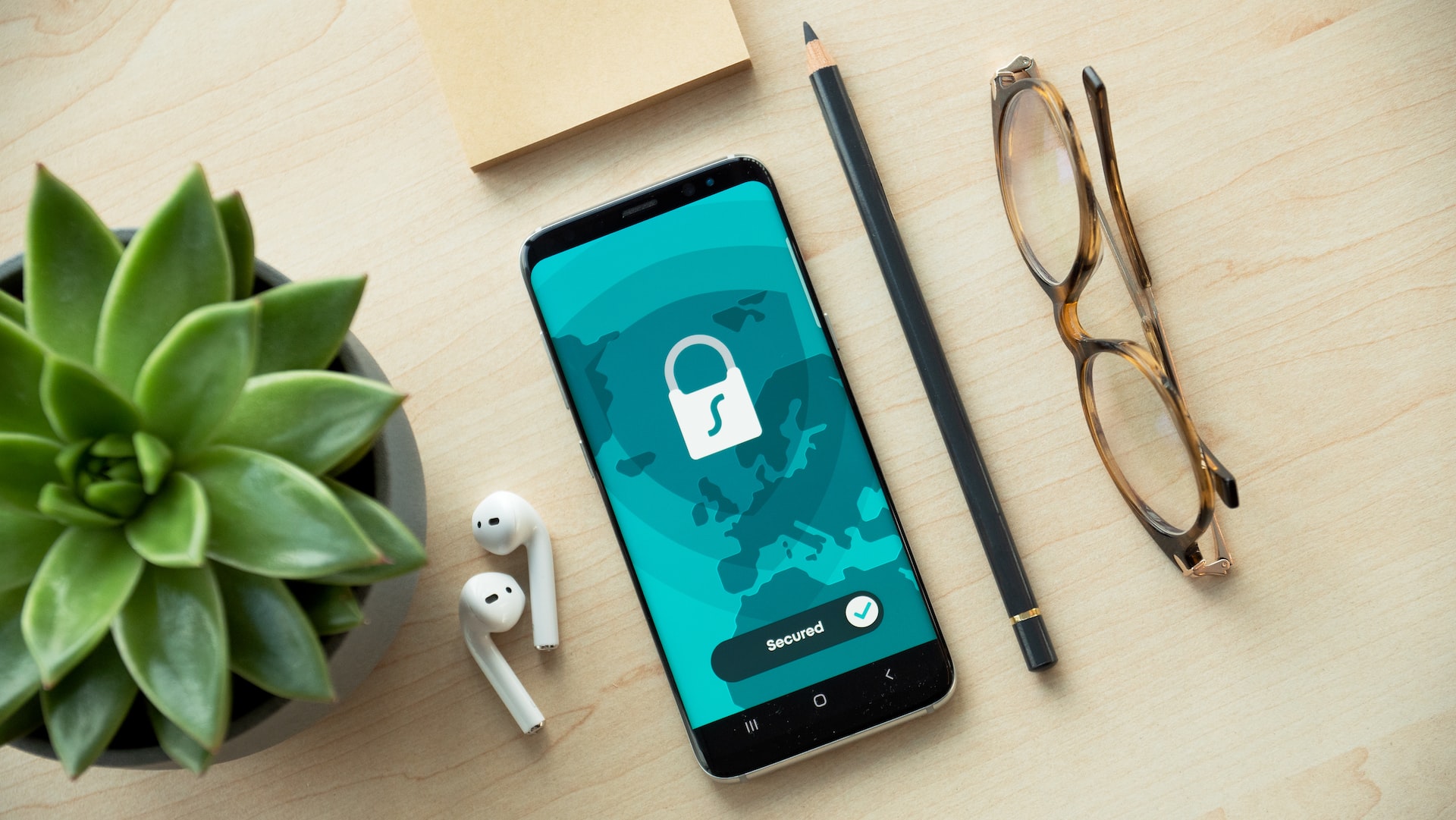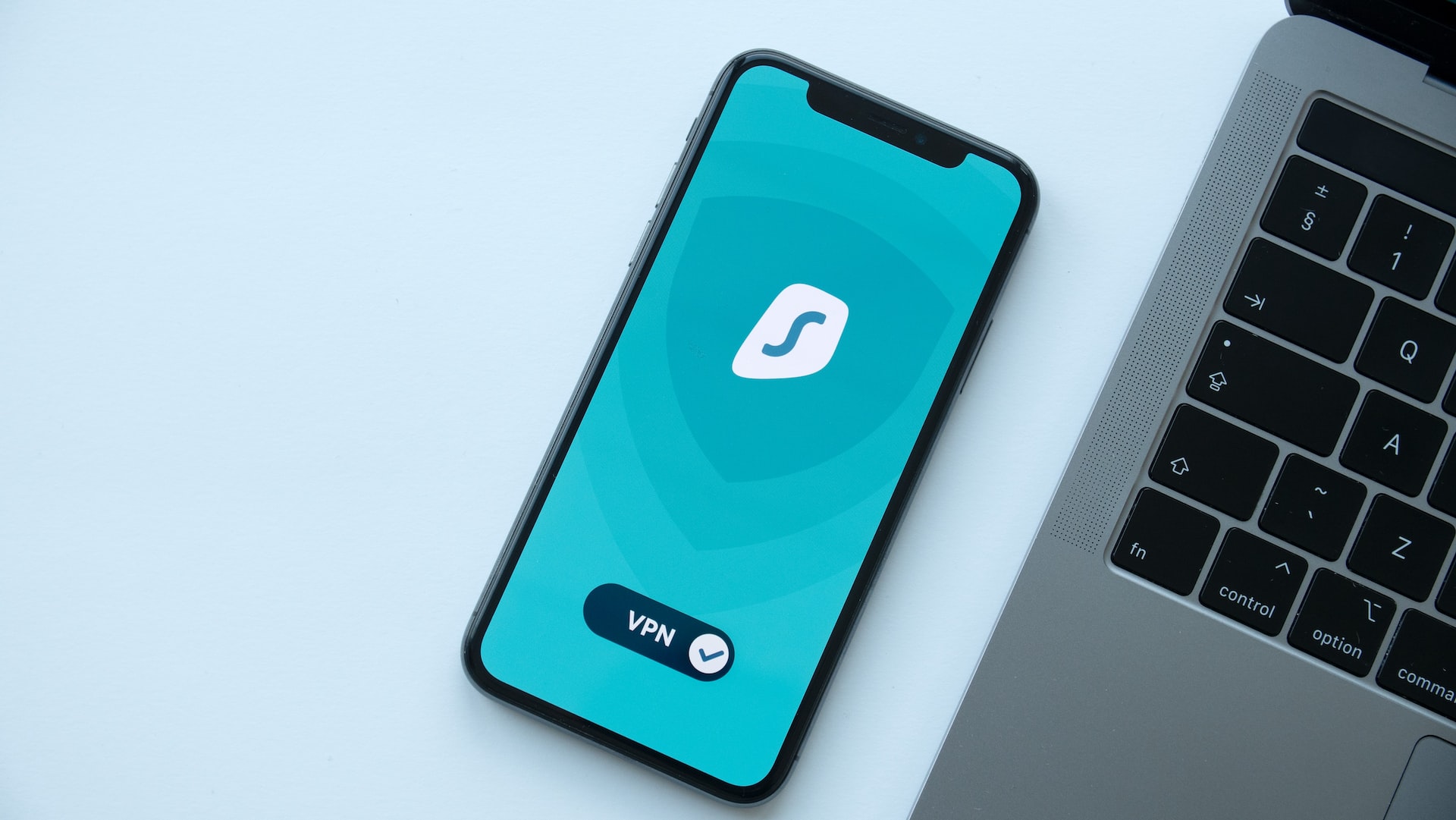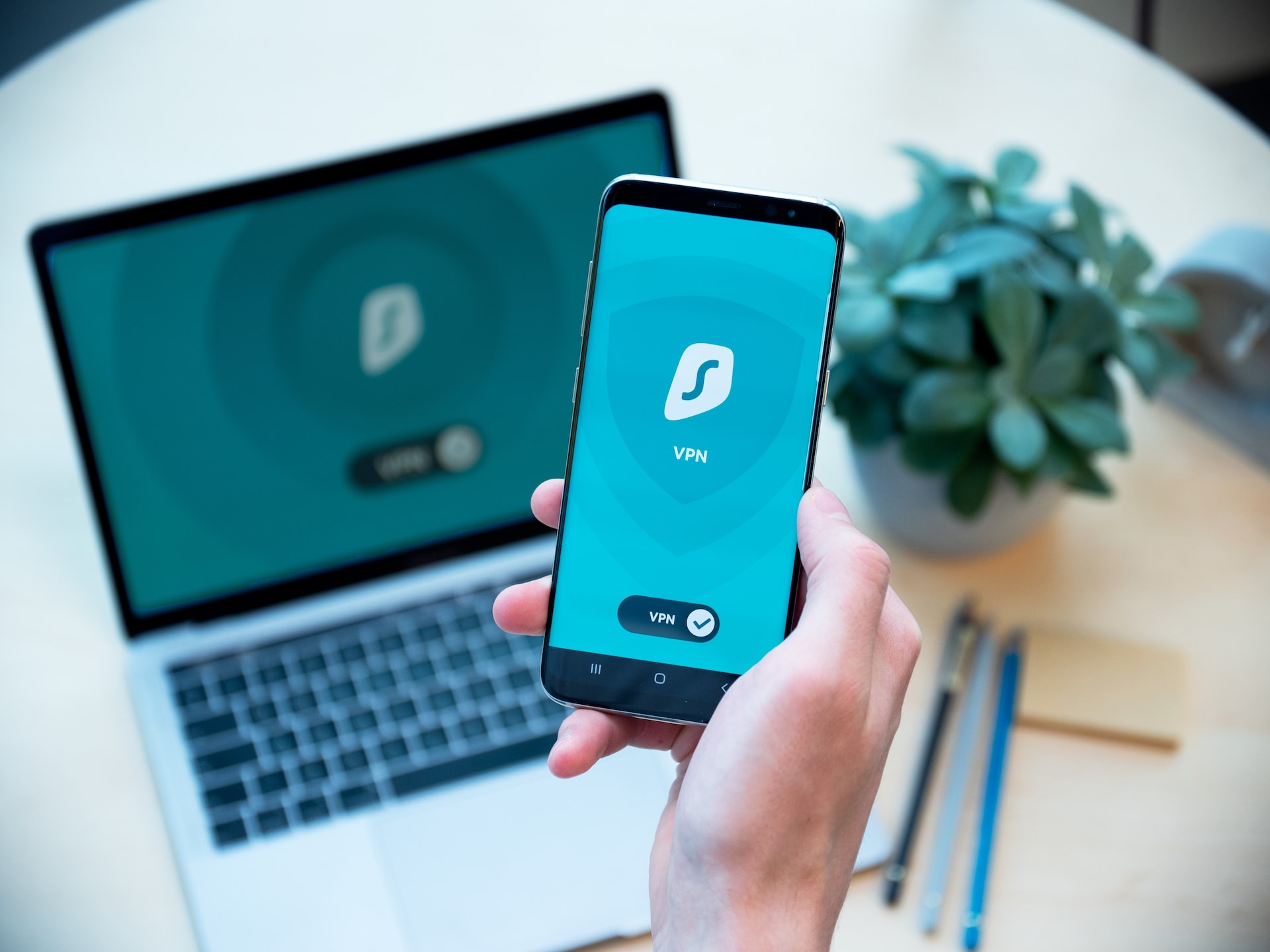Introduction
A virtual private network, or VPN, is a service that safeguards your internet connection and online privacy. You can use public Wi-Fi hotspots confidently since it creates an encrypted tunnel for your data, hides your IP address to safeguard your online identity, and encrypts the data.
VPNs mask your IP address by using an alternate IP address that the VPN server provides, frequently one located elsewhere in the world. VPNs function by encrypting an additional layer of data as it travels through your internet connection.
What is a VPN good for?
A VPN is utilized to secure your connection for complete anonymity when using public Wi-Fi. On public hotspots, hackers can steal your data using a variety of techniques, but if you use a VPN, they cannot see what you are doing online.
A VPN can be useful if you wish to access your home material while traveling abroad. using a VPN to mask your IP, encrypt your communication, and erase your online footprints. To enjoy constant protection, use it at home, work, and travel.

Hackers could be waiting to steal your login information if you access your bank account, read your email, or use social media over an unsafe connection. Anyone attempting to eavesdrop on the network will only see gibberish because a VPN connection encrypts your communication with its server.
When viewing TV online, a VPN enables you to get around geographic restrictions by connecting you to the most appropriate server location for your needs. You might discover that certain websites are prohibited for certain reasons or just because you’re in a specific place, like at work or school.
How does a VPN work
A virtual private network, or VPN, operates by using encryption techniques to route all of your internet traffic through an encrypted tunnel between your computer and a remote VPN server.
When you connect to a virtual private network service authenticate your client with a VPN server. The server then encrypts all the data you send and receive. The VPN service then establishes a secure “tunnel” over the internet. This protects the information that is transferred between you and your destination.
A VPN encapsulates each data packet in an outer packet that is subsequently encrypted through encapsulation to guarantee its security. This is the core component of the VPN tunnel, which safeguards data while it is being transferred. The outer packet is taken out using decryption once the data reaches the server.

Your client, such as a computer, smartphone, or tablet, must first authenticate with a VPN server before the VPN tunnel can be established. In order to ensure that no one can track the information as it travels between you and your online destination, the server then employs one of several encryption algorithms.
Your device transmits encrypted data to the VPN server after the VPN tunnel is formed. It decrypts it before sending the data to the specified web server. In addition, before transferring the data, it conceals your true IP address. Instead, the IP address of the VPN server you’re connecting to will appear to be yours.
Types of VPNs
There are many types of VPNs, but they all generally fall into the following categories. Users can connect to a remote network using a remote-access VPN, typically with the aid of specialized software. Most likely, you have also utilized a remote access VPN if you have ever needed to access the network at your place of business. Employees are able to access information and resources from anywhere, making working away from the office safer and simpler.
Personal VPNs are the majority of consumer-grade VPNs. They operate in a manner that is very similar to remote-access VPNs, but instead of connecting to a private, limited network (like your workplace), you connect to the servers of your VPN provider for security and anonymity as you browse the internet.
Businesses, particularly major enterprises, utilize site-to-site VPNs the most. They enable secure network connections between users in specific places. It’s a fantastic approach to link up all of the offices and make it possible for various branches to securely share assets and data.
What to look for
Of course, you desire the security of your connections and the confidentiality of your data. Make sure the VPN provider you choose doesn’t make any sacrifices; having impenetrable encryption is useless if it takes forever for websites to load.
No matter the product, price is always one of the most crucial considerations. People are also interested in free options. But it’s best to avoid free VPNs when using them. With free VPNs, you are unlikely to find the speed, security, and privacy you seek. They also need to generate revenue, and in certain situations, that means turning to the sale of user data.

Companies using VPNs are required to abide by local legislation. They may be required by these regulations to gather, preserve, and give authorities data. Your privacy may be compromised by this. It can also be dangerous when there are no laws governing the gathering and handling of user data.
Virtually all VPN services make the no logs claim. However, this is not always true. To provide the service, the majority of VPNs must store at least connection records. However, there are some data that you would prefer to keep private, like your browsing history. Check the claims made by your VPN provider and review their privacy statement.
Servers are rented by VPN companies from all around the world. especially if they provide a wide range of server choices. They could thus have less control over their entire server network. Don’t just choose the provider with the most servers; think about which locations you need.
Conclusion
VPNs can be a very useful tool. However, if you choose a bad one, it can cause many headaches and compromise the data that is transferred over the internet. For that reason, you should take all of the above-mentioned factors and choose the best and safest option for your needs. You are one VPN download away from securing and privatizing all of your data online.




